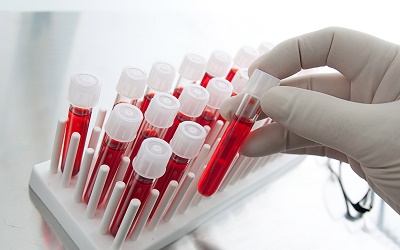PTE考生目前最大的问题之一就是练习题缺乏。除了有限的基本官方书(PLUS,Testbuilder, OG)之外,就没有题了。很多英语基础不是很扎实的同学很难找到练习材料。墨尔本文波雅思PTE培训学校专门为墨尔本,悉尼PTE考生准备了适合PTE听力阅读练习的科学60秒。各位PTE同学可以练习PTE听力中的summarise spoken text和PTE口语中的retell lecture,练习记笔记技巧和复述。废话少说,下面开始:
60秒科学:Blood Test Forecasts Concussion Severity
听力内容:
60秒科学节目(SSS)是科学美国人网站的一套广播栏目,英文名称:Scientific American – 60 Second Science,节目内容以科学报道为主,节目仅一分钟的时间,主要对当今的科学技术新发展作以简明、通俗的介绍,对于科学的发展如何影响人们的生活环境、健康状况及科学技术,提供了大量简明易懂的阐释。
Confusion is one symptom of a concussion. But confusion may also characterize decisions about how soon to let an athlete play after taking a hit to the head. Sizing up symptoms such as dizziness and nausea is subjective, after all. Now a study suggests that a blood test could objectively determine whether or not the damage is bad enough to put a player on the bench. The work is in the Journal of Neurotrauma.[Robert Siman et al, Serum SNTF Increases in Concussed Professional Ice Hockey Players and Relates to the Severity of Post Concussion Symptoms]
A strong blow to the head causes chemical changes within nerve cells that damage their structural proteins. Among the debris is a protein fragment called SNTF—which in more severe cases, spills into the bloodstream.
The new study followed 20 professional hockey players who got concussions with symptoms that lasted six days or more. And blood levels of SNTF were much higher one hour to six days later than were levels of the protein fragmentin eight other athletes who had gotten concussions that cleared up within five days. Levels were also low in 45 non-concussed players tested during the preseason.
A blood test for SNTF might thus forecast recovery time from a head injury. Combined with other neurological tests, levels of this molecule could help doctors tell athletes when it’s safe to suit up again.
—Ingrid Wickelgren





